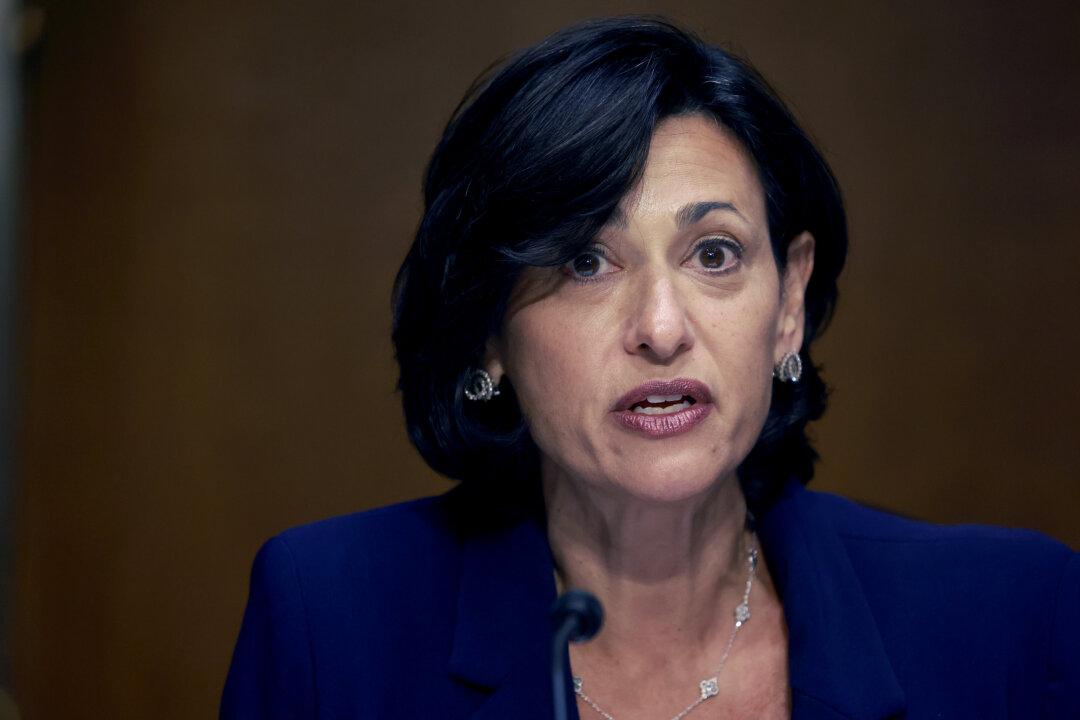The director of the Centers for Disease Control and Prevention (CDC) on Sept. 14 defended how most of the agency’s workers are working remotely every day or some days.
“The people who need to be at CDC are at CDC,” Dr. Rochelle Walensky told Sen. Bill Cassidy (R-La.) during a hearing in Washington.





